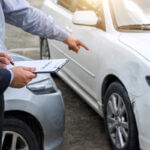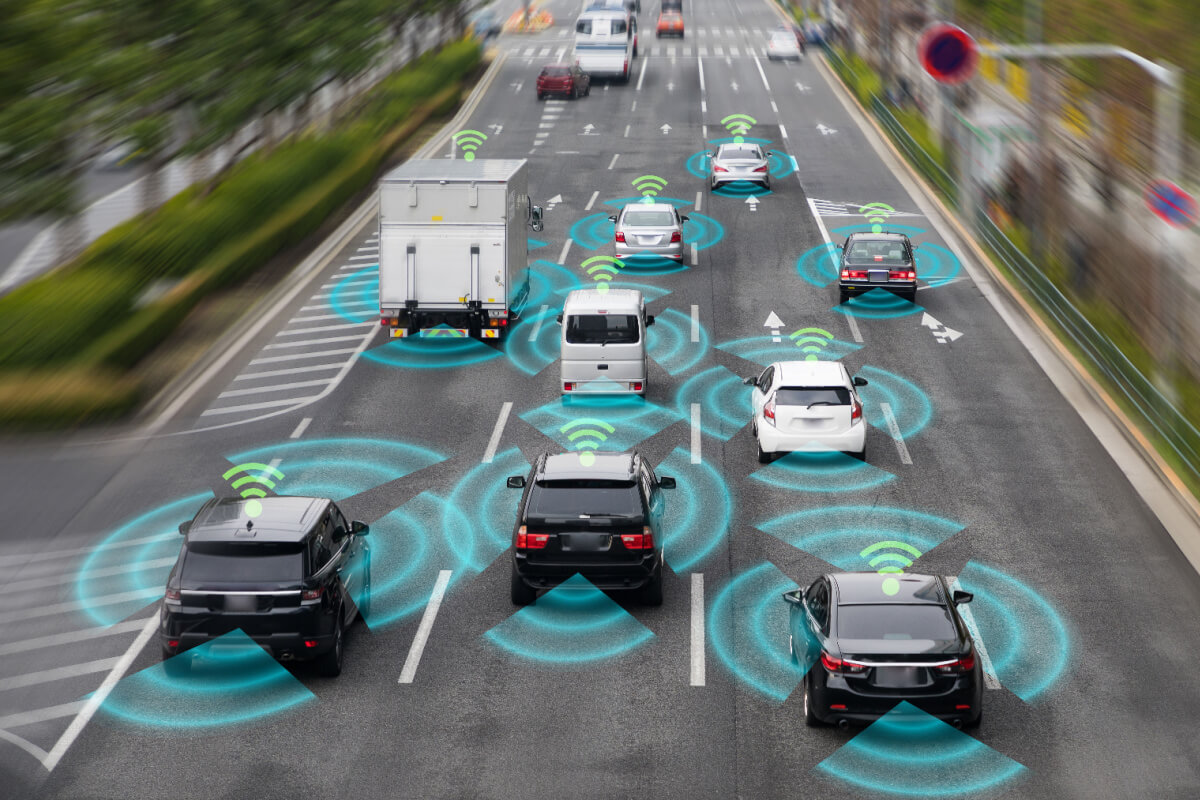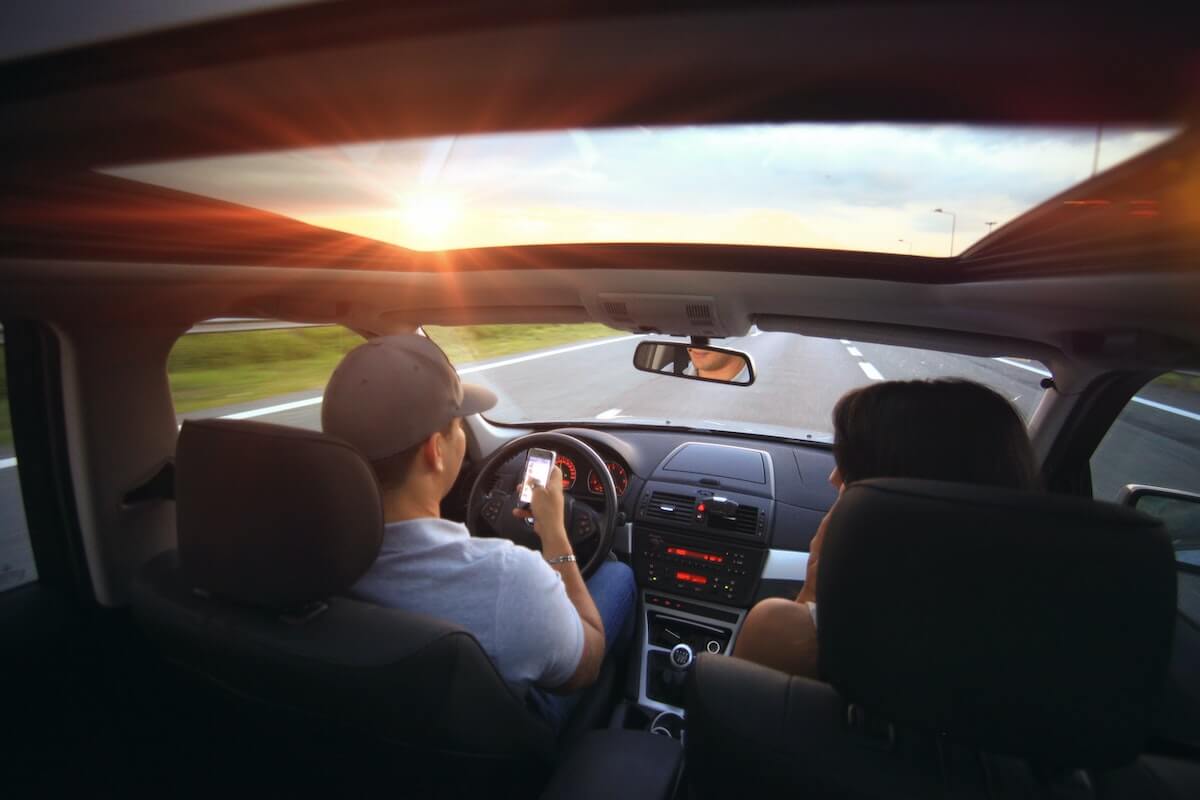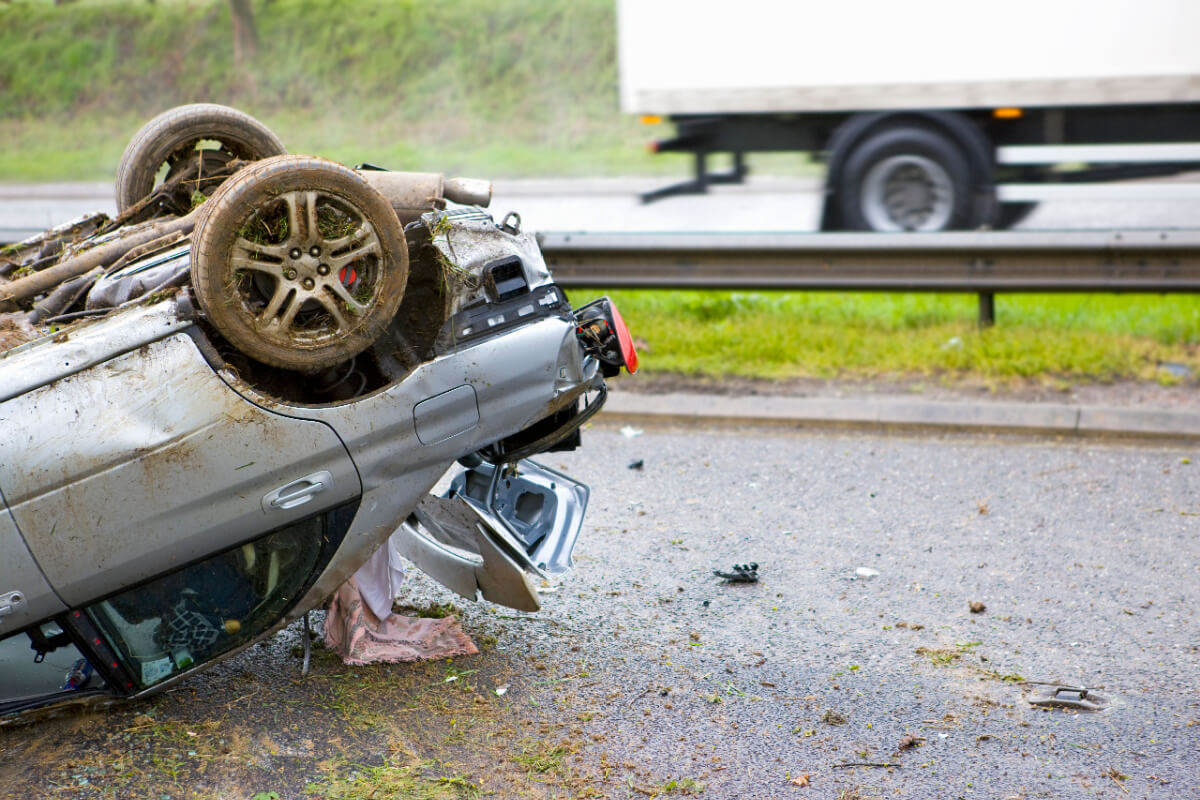
Associate at AKD Lawyers
Practice Areas: Personal Injury, Workers Compensation
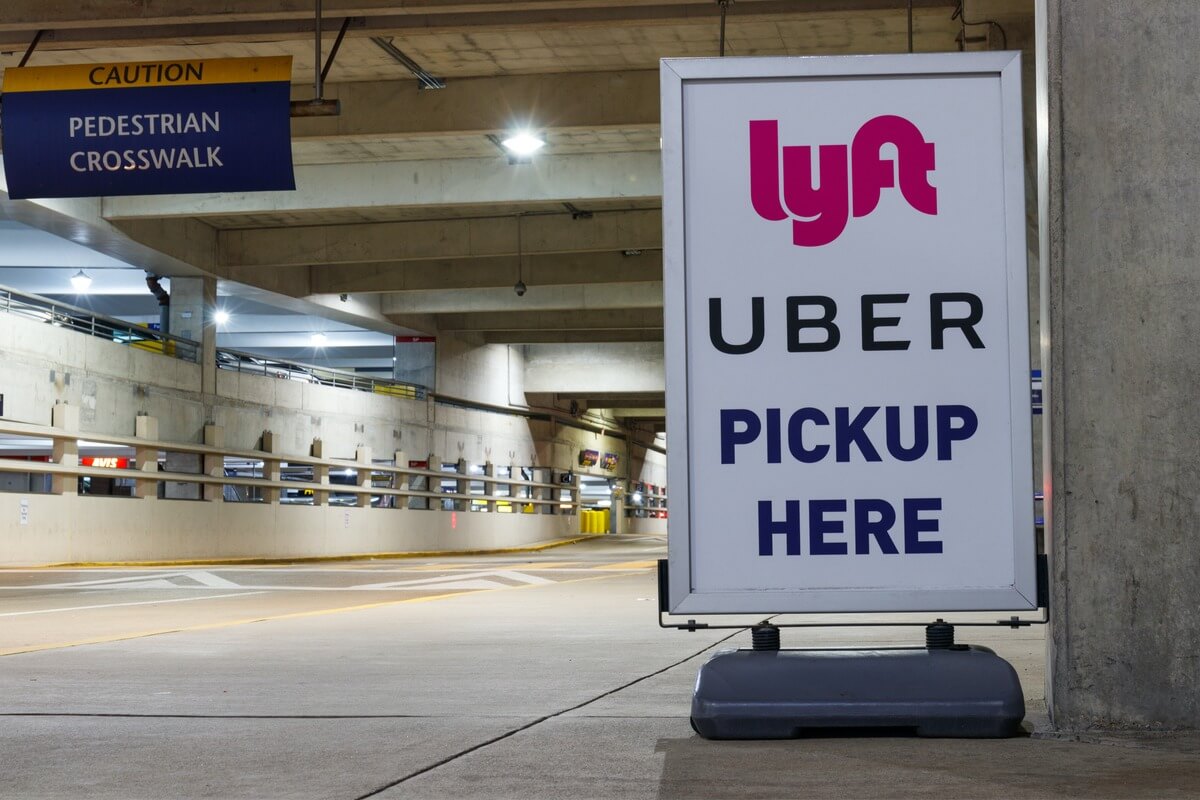
Ridesharing applications like Uber and Lyft have completely changed the public and private transportation space — giving consumers quick-and-easy access to affordable rides from nearly anywhere in the country. But what happens when that perfect ride goes south? Impaired driving is a leading cause of motor vehicle accidents, accounting for over 74,000 injuries each year. While most of us assume that the driver commanding our Uber or Lyft ride is sober and attentive, that’s not always the case. Your rideshare driver may be under the influence of drugs or alcohol, putting you at risk.
So, what happens if you’re involved in an accident caused by an intoxicated Uber/Lyft driver? Who is at fault? Who is liable? Is it Uber or the rideshare driver?
Understanding How Uber and Lyft Work
Both Uber and Lyft are applications you can use to find drivers in your area that will give you a ride in return for an agreed-upon fee. While similar to taxis, ridesharing applications allow nearly anyone to sign up as a driver, making it quick and easy to find a nearby ride. Both Uber and Lyft are called “ridesharing” services, though they are legally similar to taxi services and considered Transportation Network Companies.
The ease-of-use and massive driver pool have made both Uber and Lyft attractive options for consumers. Uber generates nearly $14 billion in revenue each year, and over 35% of Americans have used these ridesharing apps at least once. You can store your payment information on the app, quickly find a nearby driver, and pay for your ride all within minutes. But this ease-of-use also has a downside. Uber alone has over 3 million drivers. The process to become an Uber driver is relatively simple, and you never know who you’re stepping into a car with. Your Uber or Lyft driver may be intoxicated by alcohol or drugs. And that intoxication may lead to an injury-causing accident.
How Uber and Lyft Handle Intoxicated Driving
Both Uber and Lyft have specific policies regarding intoxicated driving. According to Uber’s Community Guidelines, neither drugs or alcohol are permitted in an Uber vehicle, and riders are urged to end a drive and immediately call 911 if they suspect any drugs or alcohol are in the car or were ingested by the driver. Similarly, Lyft’s Zero-tolerance Drug Policy offers the same advice and recommends that drivers contact Lyft immediately after the ride to report the driver.
But does this mean that Uber and Lyft aren’t liable for the accident? Does simply posting a community guideline give these companies a complete liability shield? No. Uber and Lyft may still be partially liable for the accident. But it gets complicated.
Do Rideshare Drivers Work For Themselves or the Ridesharing App?
This is a controversial subject. Uber and Lyft both require drivers to supply their own vehicle and their own insurance. In addition, drivers must pass a background check and have a vehicle that’s in a certain condition. Both Uber and Lyft argue that their drivers are self-employed, and the app is simply a means to help them find work. However, many states disagree. California, New York, and Massachusetts have all submitted bills and propositions attempting to classify Uber drivers as employees, and Uber has spent considerable time and money fighting these efforts.
Currently, this entire subject is up-for-debate. In the coming year, we’ll likely see considerable movement on this front. If Uber drivers get classified as employees, Uber will likely be held legally liable for any accidents involving Uber drivers or passengers. Until this subject is ironed out, the liability issue is rather complicated.
Who is Liable for an Accident Involving an Intoxicated Lyft or Uber Driver?
As with any accident, liability can get complicated. In most cases, the at-fault party’s insurance will partially cover damages, with any remaining damages to be pursued by an accident lawyer. In the case of an intoxicated Uber or Lyft driver being the cause of a collision, that driver is the primary party at fault. But Uber and Lyft may also get involved during compensation. Before you use any ridesharing app, you usually sign an agreement that limits your ability to pursue a settlement. While it’s always best to consult a lawyer before signing any agreement, many riders absentmindedly sign these agreements — which are often significantly long and filled with dense and complex language.
If you were involved in an Uber or Lyft accident, you almost certainly signed this agreement. Otherwise, Uber or Lyft would likely restrict you from using their service. Thankfully, Uber has its own liability coverage that extends to passengers during any ride. Unfortunately, this insurance only covers car accidents that happen while the Uber app is in use. So, any trips that happen outside of the designated drive are not covered by Uber’s policy and will solely fall on the drivers’ policy.
Uber’s policy currently provides $1,000,000 of liability coverage per accident. In addition, the driver may also possess a similar insurance plan depending on the laws in their area. Across New Orleans and the rest of Louisiana, drivers are required by law to have a $1 million minimum insurance policy when shuttling passengers — regardless of whether an app is officially being utilized.
If you were involved in an accident involving an intoxicated Uber or Lyft driver, both policies may apply depending on the circumstances. Trying to navigate liability in the relatively new and increasingly complex ridesharing ecosystem can be challenging. You need help.
Finding Fair Compensation After an Accident
Were you involved in an Uber or Lyft accident involving an impaired or intoxicated driver? You may be seeking compensation for medical bills, mental health costs, lost wages, and emotional distress. Being involved in a motor vehicle accident is a terrifying and life-impacting event. You may need help covering the enormous financial burden that stemmed from your accident.
At AKD, we help rideshare passengers get the compensation they rightfully deserve. Contact us at 504-200-0000 or online for a free consultation. You need someone in your corner.
Categories
- Bicycle Accidents
- Car Accident
- Case results
- Class Action
- Community Aid
- COVID-19
- Fun
- General
- Hard Rock Lawsuits
- Holiday
- Insurance Claims
- Legal Advice
- Mardi Gras Accident Attorney
- Mass Tort
- Medical
- Motorcycle Accident
- Personal Injury
- Practices
- Premise Liability
- Recent News
- Safety
- Truck Accidents
- Uncategorized
- Weather
- Work-Related Accident

In 2003, after being dissatisfied with the quality of legal care for victims of car accidents, Roderick ‘Rico’ Alvendia sought to establish a new firm focused on providing high-quality legal services to aid injured victims and their families. J. Bart Kelly, sharing Rico’s passion for upholding justice, joined the firm later that year, and established a partnership.


